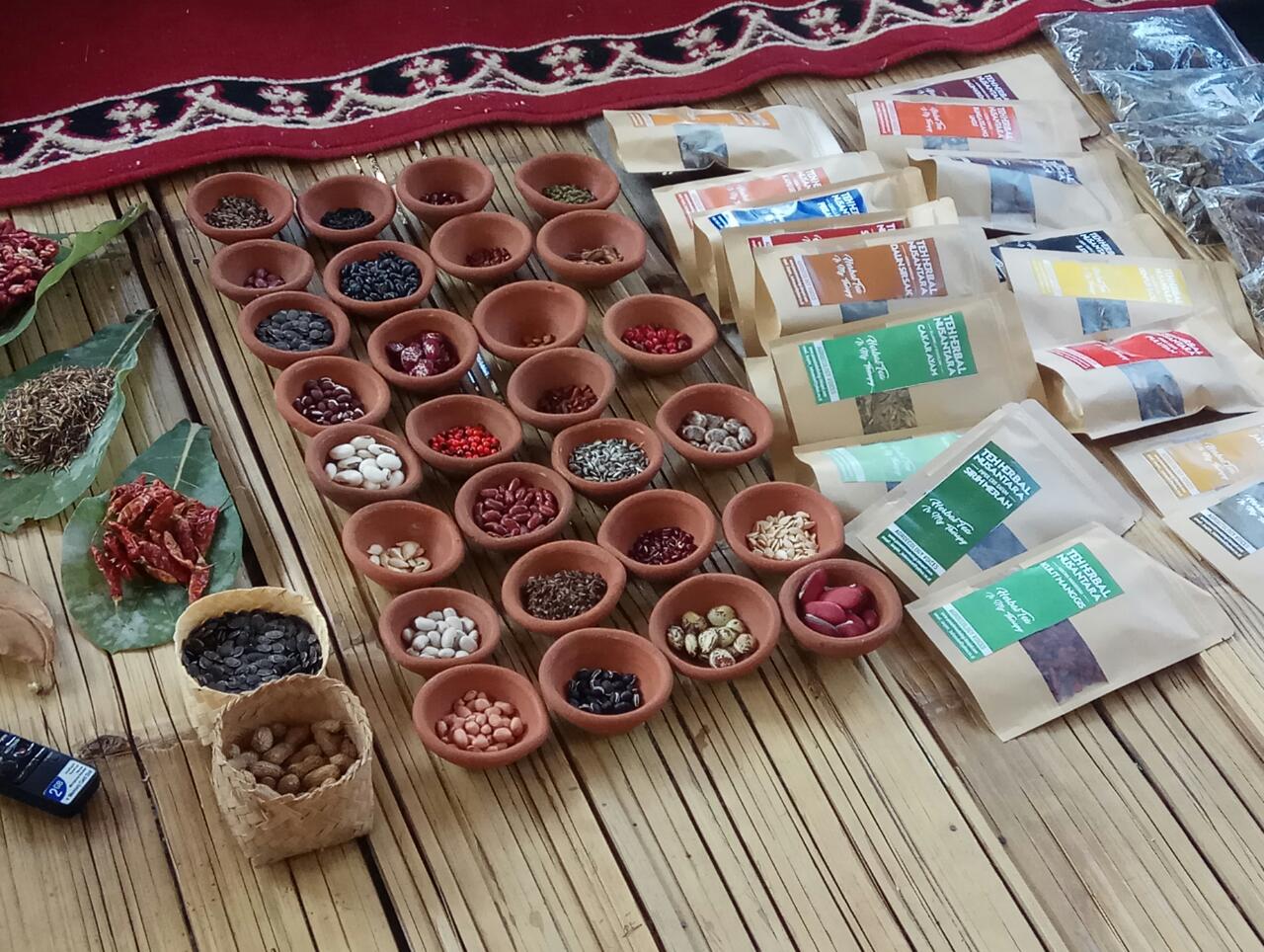Civil society letter on EFTA-Indonesia comprehensive economic partnership agreement (CEPA)
December 2018
Civil society letter on EFTA-Indonesia comprehensive economic partnership agreement (CEPA)
Dear Negotiators of EFTA-Indonesia CEPA,
The undersigned organizations would like to stress that the EFTA-Indonesia Comprehensive Economic Partnership Agreement (CEPA) must not include any obligation that requires Indonesia to join or implement the 1991 Act of the International Union for the Protection of New Varieties of Plants (UPOV 1991) or impose any other obligation and/or limitation with regard to plant variety protection. We are raising this concern as previous European Free Trade Association (EFTA) trade agreements have had such provisions and we understand that EFTA member states and Indonesia aim to sign the CEPA before the end of the year. [1]
Indonesia is classified by the World Bank as a lower middle-income country. Agriculture is of crucial importance to Indonesia’s economy. It is the second biggest source of livelihood and employment, in particular in the country’s rural areas, with around 33% of Indonesia’s labor force being employed in the agricultural sector. 93% percent of Indonesia’s total number of farmers are small family farms (i.e. smallholder farmers) [2] with an average land holding of 0.6 hectares. Indonesia’s GNI per capita is US$3,540, significantly lower than the GNI per capita of EFTA states such as Switzerland (US$80,560) and Norway (US$75,990). [3] Against this background, it would be extremely worrying if Indonesia was asked to comply with UPOV 1991 provisions.






